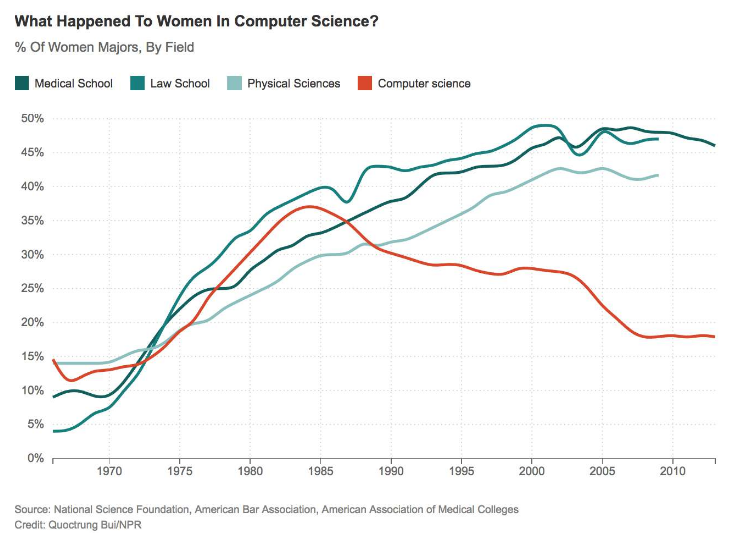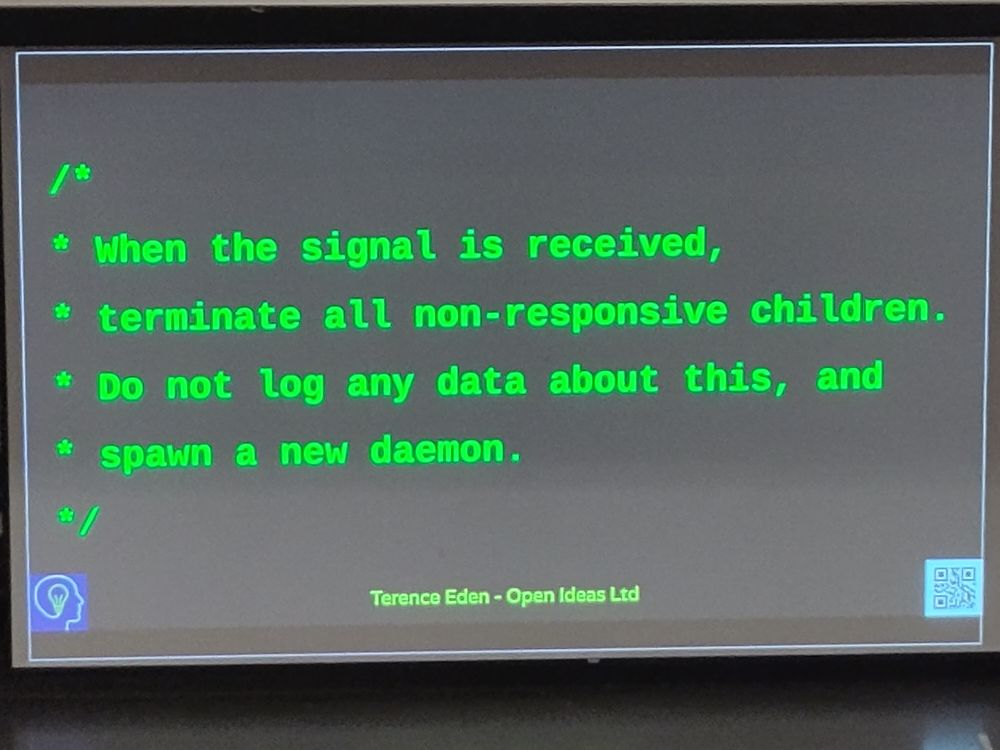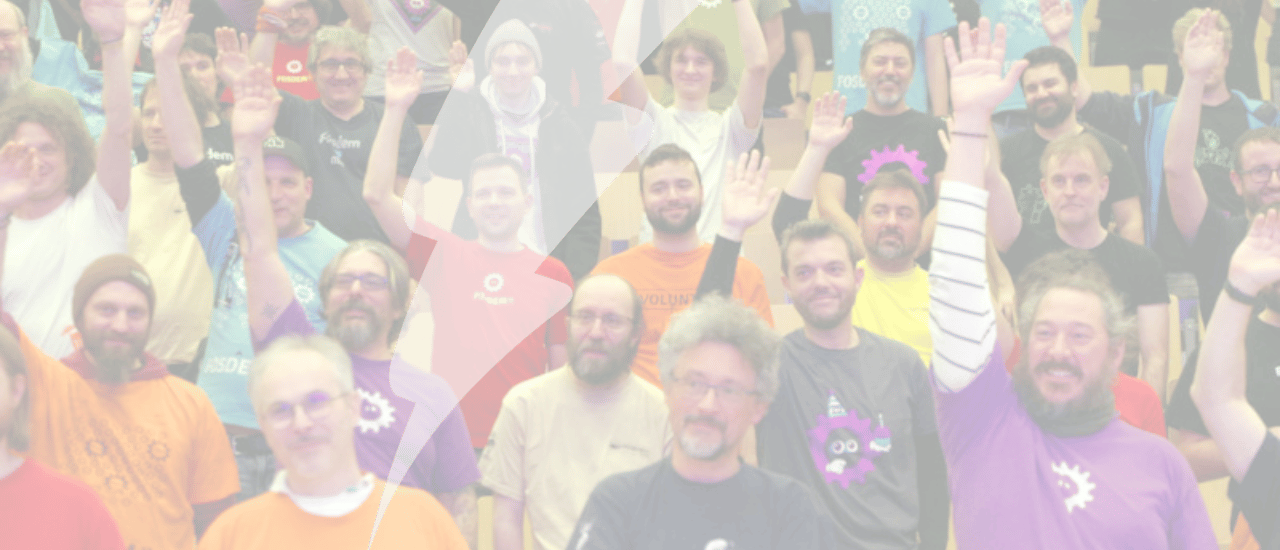Field Notes From… brings you firsthand reports from industry events, unpacking the latest developments and innovations shaping the future of education technology (EdTech) and higher education.
We dive into key takeaways and insights from industry conferences, providing you with a front-row seat to the latest trends transforming the Open Source and EdTech landscape.
This edition features insights from the Free and Open Source Software Developers European Meeting (FOSDEM), one of the largest global gatherings for Open Source developers and enthusiasts. Held annually in Brussels, FOSDEM brings together thousands of contributors, developers, and thought leaders from around the world. With over 1,100 speakers, 1,074 sessions, and 78 tracks, the event covers a vast range of topics, from AI and security to governance and infrastructure.
As a long-time FOSDEM attendee, our Head of Technology Michiel Dethmers explored exciting discussions on Open Source collaboration, security, AI, containers, and emerging technologies. Here’s what he discovered…
Key Themes and Takeaways
FOSDEM is a melting pot of ideas, covering everything from security, AI, and infrastructure to Open Source governance and emerging technologies. This year, I explored a diverse mix of sessions across different tracks, uncovering insights relevant to Catalyst and our community.
Here are some of my key takeaways:
1. The Future of Open Source Collaboration
One of the first talks I attended was by Jos Poortvliet from Nextcloud, who showcased new features designed to make Nextcloud a viable alternative to Microsoft 365. However, an insightful audience question highlighted the balance between feature development and platform stability—Jos estimated that 70% of development effort goes into fixing and stabilising Nextcloud.
This is a crucial takeaway for Open Source projects: while innovation is essential, long-term success depends on stability and usability.
2. Women in Computer Science: A Changing Landscape
Laura Durieux delivered a powerful talk on the evolving role of women in computer science. She expanded on her research from last year, highlighting the many unsung contributions of women in tech.
A particularly striking moment was a historical graph showing the decline of women in computer science since the 1980s, contrasting with steady growth in medicine and law.

This talk underscored the need for continued efforts in diversity and inclusion within tech.
3. AI and Large Language Models (LLMs) for Spam Detection
With AI being a major topic across the industry, I attended Vsevolod Stakhov’s talk on using LLMs to detect spam. Interestingly, his research showed that while AI models can classify spam, they don’t perform significantly better than traditional Bayesian filtering, yet are much slower and more resource-intensive.
This highlights an ongoing challenge: AI is powerful, but it’s not always the best solution.
4. Containers: Evolving Beyond Docker
Containers remain a hot topic, and I attended multiple talks exploring alternative approaches:
- Rootless Containers: A method for running containers without Docker or Podman, but with significant security and permission challenges.
- Quadlets in systemd: An interesting feature from the Podman project, allowing systemd to manage containers directly.
- WASM (WebAssembly) as an alternative to containers: A fascinating talk from Dan Phillips (Boxer.dev) introduced WebAssembly as a potentially more secure and efficient alternative to traditional containerisation.
5. Open Source Networking and Integration
A highlight of my networking at FOSDEM was a conversation with Fred Dixon, CEO of BigBlueButton (BBB). We discussed exciting new integrations between BBB and Moodle, and how we might leverage these improvements for our clients.
6. Open Source and Government: The UK COVID App Case Study
Terence Eden’s session on the UK’s COVID-19 tracing app offered a deep dive into the complexities of open-sourcing government projects.
Key lessons included:
- The cultural shift required to introduce Open Source in government projects.
- The ethical considerations in making source code public.
- Challenges faced from both mainstream media misinterpretations and “open-source purists.”

Emerging Trends and Impact on EdTech
Many of the discussions at FOSDEM have direct implications for EdTech and Higher Education:
- Security and Data Privacy: The Verifiable Credentials & Zero Knowledge Proofs session emphasised growing interest in self-sovereign identity, which could reshape student data management in LMS platforms.
- Infrastructure & Hosting: Advancements in containerisation, rootless deployments, and WASM could impact how we manage scalable and secure LMS hosting.
- AI in Learning Analytics: The skepticism around LLMs for spam filtering reflects broader AI challenges in education technology, where AI-driven assessment and support tools must be rigorously tested for accuracy and bias.
Key Takeaways for Catalyst IT Europe
Moodle & BigBlueButton: The deepened BBB-Moodle integration presents an opportunity to enhance Catalyst’s managed hosting and learning solutions.
Container & System Management: Exploring Quadlets in systemd could optimise how we deploy and manage learning platforms.
Security & Compliance: The discussion on Open Source in government reinforces the importance of clear licensing, security audits, and compliance standards critical for institutions handling sensitive student data.
Expert Advice: Tips for Attending FOSDEM
Here’s my top tips for getting the most out of FOSDEM:
Plan ahead
The schedule is huge, and talks often overlap. Use the event app to bookmark sessions and create a personal itinerary.
Allow time to move between buildings
Talks are spread across multiple locations at the Free University of Brussels, so factor in walking time.
Arrive early for popular talks
Rooms can fill up fast! If there’s a must-see session, attend the one before it in the same room to secure a seat.
Stick to a theme or explore widely
Choose a Developer Room and stay put for deep insights, or dip in and out to explore different tracks.
Be flexible
Sometimes, the best discoveries come from serendipity, be open to unexpected insights!
Final Thoughts & Looking Ahead
FOSDEM remains a fantastic event for staying at the cutting edge of Open Source developments. The cross-disciplinary insights, networking opportunities, and deep dives into emerging tech make it an invaluable experience.
At Catalyst IT, Open Source is more than just a technology choice, it’s a fundamental value that drives our innovation. Our commitment to Open Source enables us to build scalable, secure, and high-performing digital learning environments while contributing to the wider community. As we continue to push the boundaries of managed hosting, Moodle solutions, and learning platform optimisation, the insights from FOSDEM will help shape our approach in the coming year.
Want to Learn More?
- Explore our Managed Hosting Services
- Learn about Moodle and Open Source Contributions
- Get in Touch to speak with our team of experts
A big thanks to Michiel Dethmers for sharing these insights! Stay tuned for more “Field Notes From…” as we continue to explore the ever evolving landscape of Open Source and EdTech.

